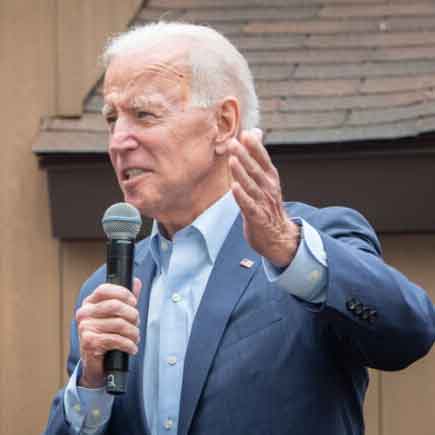In a remarkable exercise of executive authority, President Joe Biden disclosed on December 12, 2024, the most extensive one-day clemency action seen in contemporary U.S. history. He commuted approximately 1,500 sentences and pardoned 39 individuals. However, this significant move has been tainted by the recent controversial pardon of his son, Hunter Biden.
The individuals targeted by Biden’s clemency action were nonviolent offenders who were released to home confinement during the COVID-19 pandemic under the CARES Act. The White House stated that these individuals had shown “successful rehabilitation and a strong commitment to making their communities safer.”
Those granted clemency included a woman who led emergency response teams during natural disasters, a church deacon who counseled addicts and youths, and a decorated veteran among the 1,500 recipients.
Nevertheless, the timing of this announcement, which was framed in terms of justice and renewal, has drawn criticism. This is mainly due to the President’s recent unconditional pardon of his son on December 1, clearing him of federal gun and tax charges that had persisted for nearly a decade.
“America was built on the promise of possibility and second chances,” stated Biden as he announced the mass clemency. Although his words carried weight, they were met with skepticism in a nation divided over the true meaning of justice. Critics highlighted the irony of granting second chances to thousands while showing extraordinary mercy to his own son.
An Associated Press-NORC Center for Public Affairs Research poll showed that only 22% of Americans approved of the President’s decision to pardon his son, with 51% disapproving. This widespread disapproval underscores perceived double standards and favoritism within the political elite.
Representative Ayanna Pressley, a Democrat from Massachusetts, applauded the President’s decision, describing it as a “meaningful and historic action.”
“Thanks to President Biden, today almost 1,500 families will have their lives transformed forever, and I congratulate each and every family on this new beginning,” she said in a statement.
In a social media post, Senator Dick Durbin (D-Ill.) also urged Biden to exercise his clemency power before he leaves office, “to address miscarriages of justice, just as the founders of this democracy intended.”
As a follow-up, a landmark decision by President Biden on Monday, December 23, also dramatically reshaped the landscape of federal capital punishment by converting the death sentences of 37 federal death row inmates to life imprisonment without the possibility of parole. This sweeping use of presidential clemency powers is one of any modern U.S. President’s most consequential actions against the death penalty.
The president maintained death sentences for three individuals whose crimes were marked by terrorism or hate-driven mass killings: Robert Bowers, who carried out the 2018 Pittsburgh synagogue shooting; Dylann Roof, perpetrator of the 2015 Charleston church massacre; and Dzhokhar Tsarnaev, responsible for the 2013 Boston Marathon bombing.
Biden’s move is larger than any similar actions by his predecessors. Former President Barack Obama, who prioritized criminal justice reform, issued 1,715 commutations and 212 pardons over his eight years in office, with 330 commutations granted on his busiest single day.
In comparison, President Donald Trump granted 143 pardons and 94 commutations during his four-year term, many of which stirred controversy due to their perceived benefits to his political allies and high-profile supporters. President George W. Bush issued 189 pardons and 11 commutations during his two terms. Biden’s one-day clemency action now stands as the most extensive in history, reflecting both the magnitude of his effort and the contentious political environment in which it took place.
The pardon of Hunter Biden, alongside the more extensive clemency initiative, has fueled accusations of hypocrisy and self-interest. Critics argue that while the President acted quickly to pardon his son, thousands of nonviolent offenders remain behind bars, awaiting similar acts of mercy. This discrepancy has sparked debates about the fair application of justice and the ethical obligations of those in power.
The White House, in response to the criticism, has asserted that the clemency decisions were based on individual evaluations of rehabilitation and considerations of public safety. President Biden has hinted at more clemency actions, underlining his commitment to promoting equal justice and offering meaningful second chances.
There are concerns that executions could potentially restart and increase under the incoming Trump administration.

